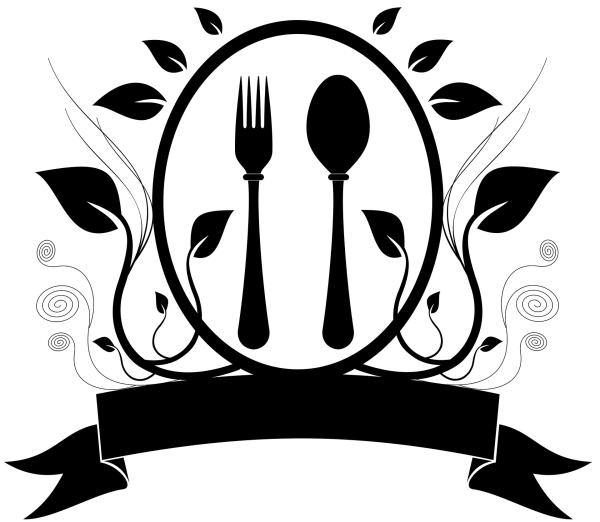Words and phrases such as ‘natural,’ ‘healthy,’ ‘sustainable,’ ‘whole grain,’ ‘humane,’ and [the product of] ‘family farms’ are regularly used on food packaging. But seller beware: all these claims have been cited as disingenuous in class action lawsuits. In 2019, the phrase ‘happy cows’ was removed from Ben and Jerry’s Ice Cream after a complaint was filed that alleged that the bovines actually lived in mass-production dairy operations and that the ice cream was deceptively labeled and marketed. “I see demand letters every month for food label lawsuits,” says Michelle Wright, a food labeling and regulatory consultant. “My clients ask me; ‘how do I respond?’ and I tell them to seek an experienced food attorney.” Many firms settle out of court to avoid high legal fees and the negative publicity a lawsuit generates.
What rules govern food package claims?
In the United States, the Food and Drug Administration (FDA) is responsible for the safety and quality of most foods (meats and a few others are under the US Department of Agriculture) and food labeling. Due to three Citizen Petitions for a legal definition of ‘natural’, the Food and Drug Administration (FDA) collected comments on using the term in food labeling. Unfortunately, the comment period ended in May 2016 with no legal definition or change in FDA oversight.
While not a rule or regulation, the FDA does have a longstanding policy concerning the use of ‘natural’ on human food labels: “…nothing artificial or synthetic including all color additives regardless of source.” The FDA policy continues…” this policy was not intended to address food production methods such as the use of pesticides, nor did it explicitly address food processing or manufacturing methods… The FDA did not consider whether the term ‘natural’ should describe any nutritional or other health benefit”.
The term ‘healthy’ has been rigorously codified by the FDA and is based on levels of fat, saturated fat, cholesterol, vitamins, minerals, protein, and fiber. For example, to be labeled as healthy, a meal product must be low in fat and saturated fat, contain 90 mg or less of cholesterol per Labeled Serving, and provide at least 10% of the Reference Daily Intake or Daily Reference Value per Labeled Serving of two nutrients. Codes of Federal Regulations such as this are very complex and often require the help of experts for correct interpretation.
Spencer Sheehan – the Vanilla Vigilante
Whether codified into law or public policy, the use of certain food claims has proven to be costly to food manufacturers and marketers. According to the law firm Perkins Coie, 2021 saw 325 lawsuits against the food and beverage industry. This is up from a total of 19 in 2008. False labeling claims are the largest category of lawsuits. This 2021 uptick in food label lawsuits can be partially attributed to one New York attorney known as the Vanilla Vigilante. His ‘unrelenting cascade’ of lawsuits targets vanilla flavorings and other flavorings in Pop-Tarts and onion snacks. In other plaintiff complaints, phrases such as ‘made with real fruit,’ ‘slightly sweet,’ and ‘salt and vinegar potato chips’ have been questioned. “The breadth and creativity of these filings show how plaintiffs continue to scrutinize food and beverage labels for potential lawsuits,” said a Perkins Coie representative. Are these lawsuits becoming the ‘bread and butter’ of opportunistic attorneys?
“These cases can really have a chilling effect on speech. [It’s] damaging not only to the company, but also potentially for consumers, if companies are afraid of giving truthful and accurate information for a fear of being roped into a meritless lawsuit”
- Ivan Wasserman, a food lawyer
Consumer advocates would disagree, insisting that these lawsuits hold Big Food accountable; countering that legal activism is necessary due to weak governmental oversight of food label claims. Is suing companies into submission the best way to protect the consumer from dishonest or inflated claims? Or will the cost of these lawsuits be passed on to the consumer with little effect on the truthfulness of package claims?
But take heart. A bill titled “The Food Labeling Modernization Act of 2021” was introduced in Congress last year. It would standardize front-of-the-packaging labels to provide consumers with quick and easy to assess information on the product's health benefits. This week, the FDA issued a 30-day procedural notice which will gather information from consumers on voluntary symbols that could be used in the future to convey the nutrient content claim of “healthy.”
Consumers and advocacy groups can submit comments and suggestions on that definition on this website. Instead of lawyering up, let’s consider participation in legislation to raise the bar on food labeling claims.




